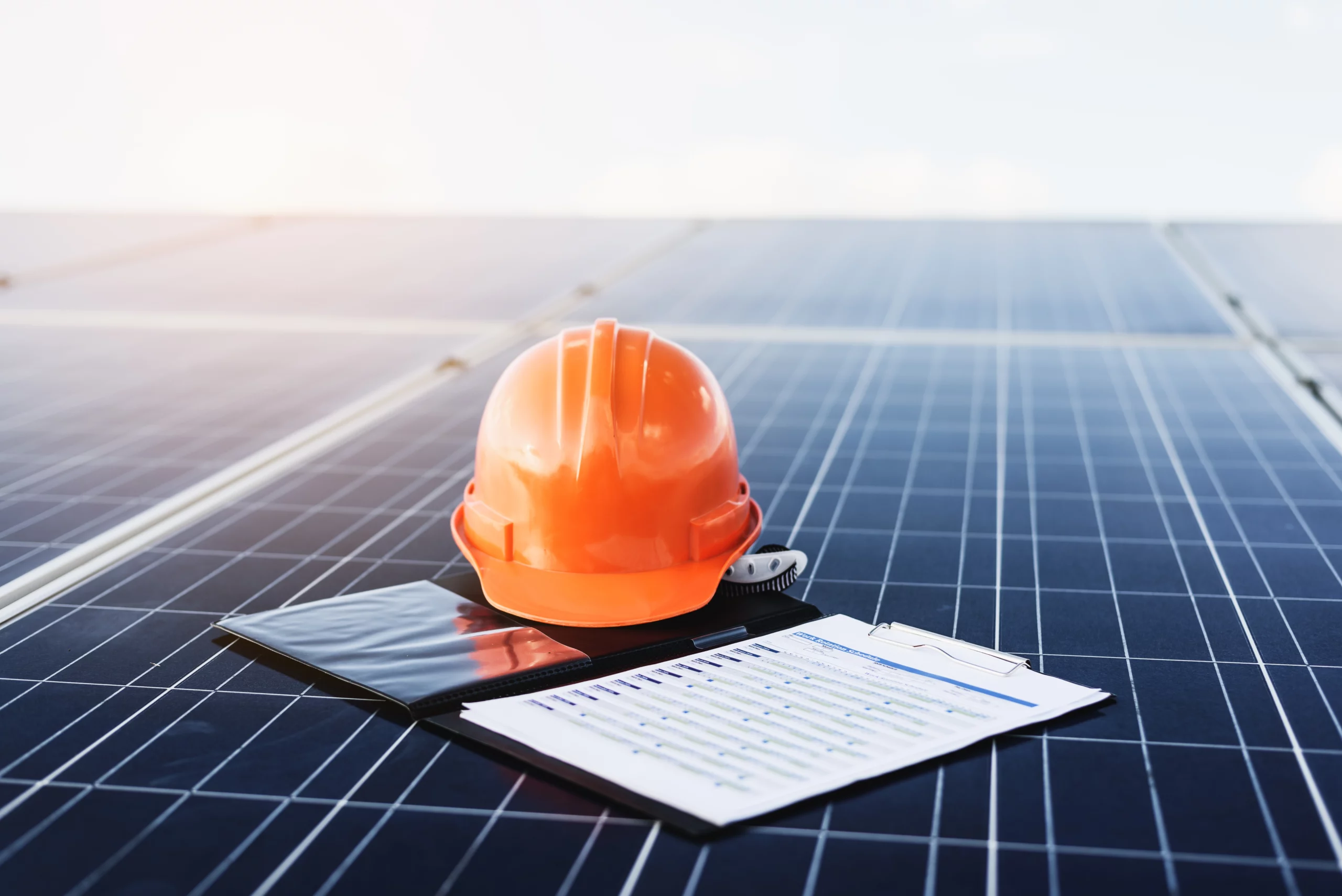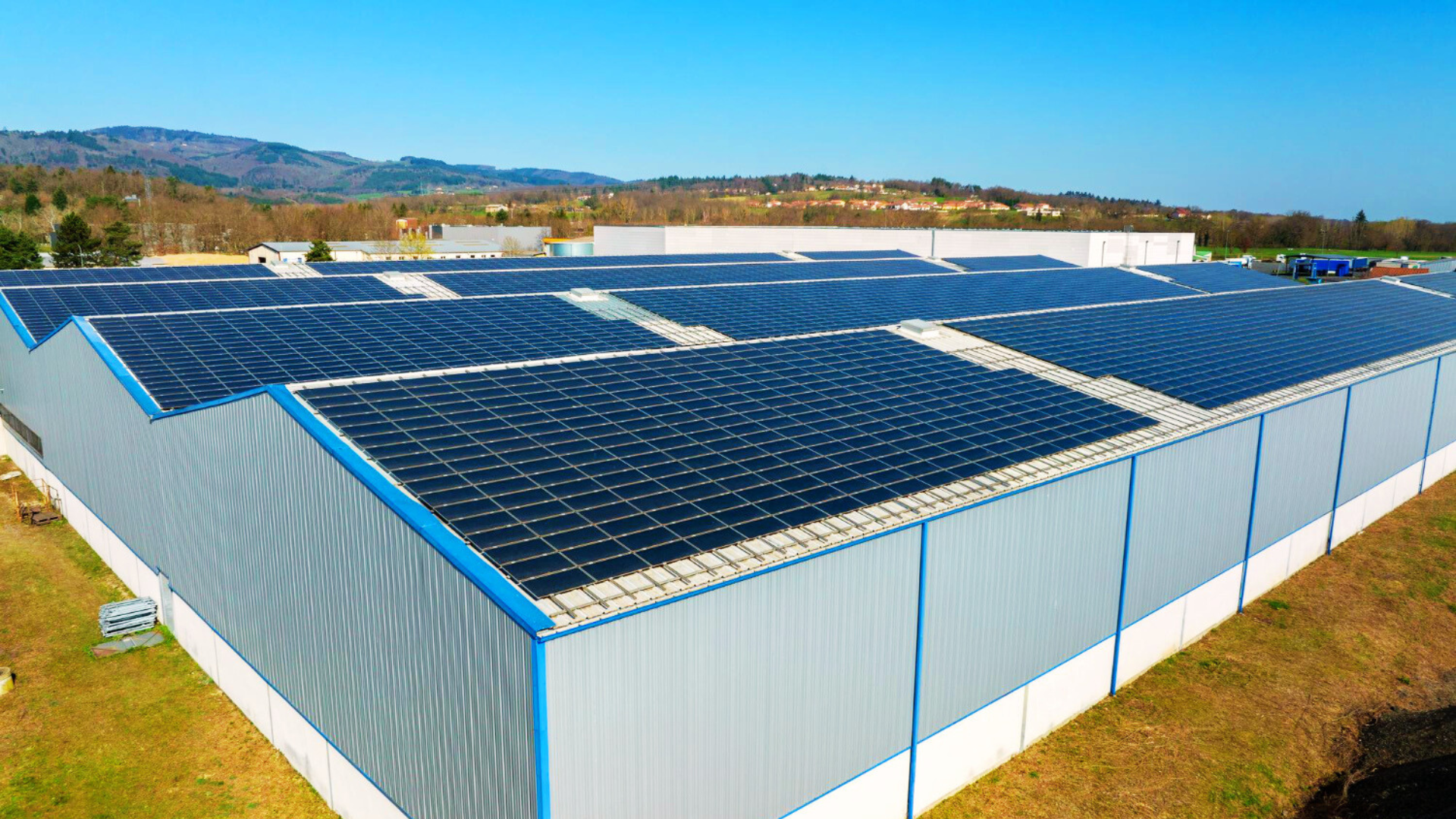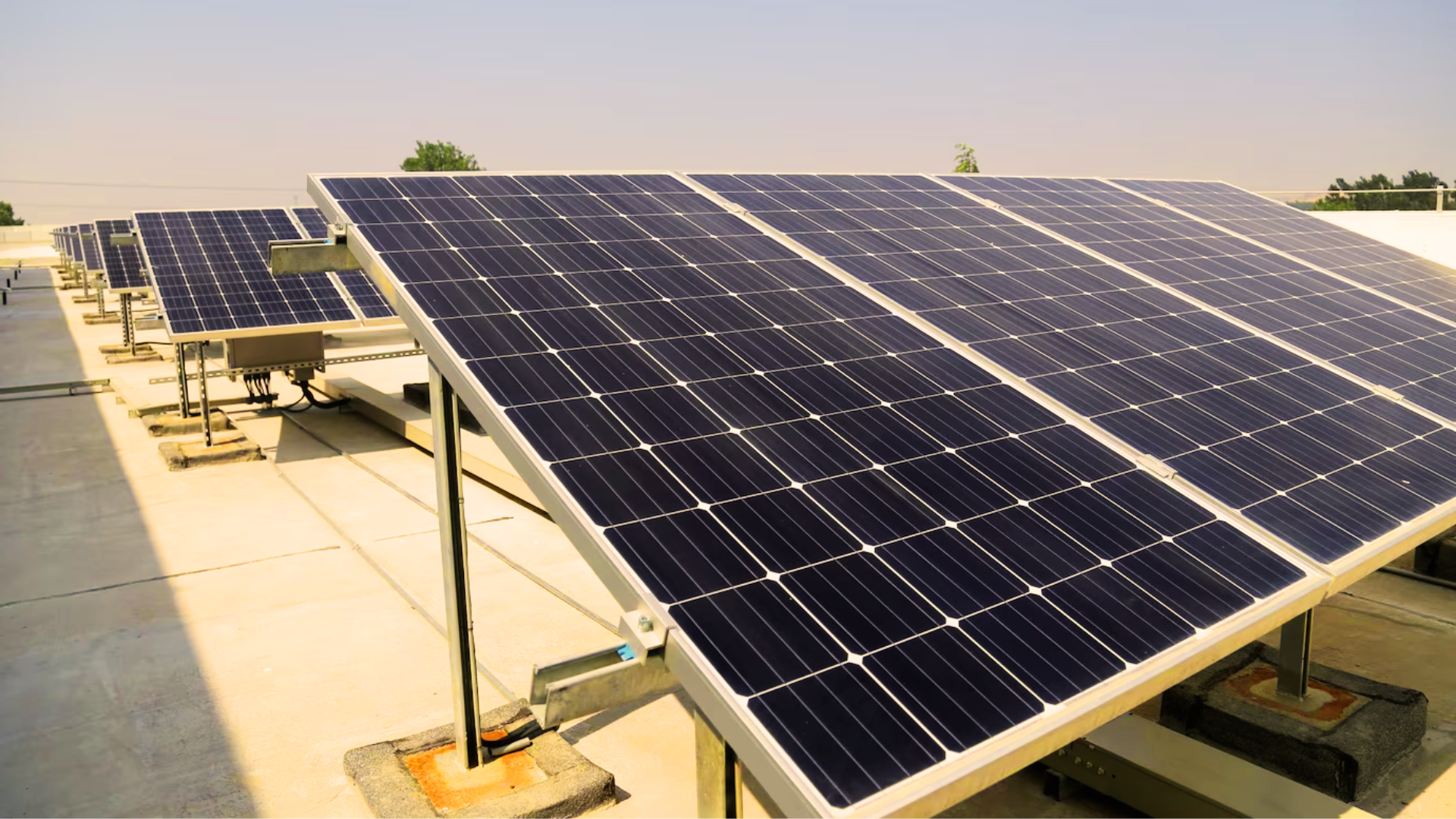If you have ever wondered, “How many solar panels are needed to run a house?” you are in the right place. As the demand for renewable energy continues to rise, harnessing the power of the sun has become an attractive and sustainable option for homeowners.
Understanding the Factors that Affect Solar Panel Requirements
Determining the necessary quantity of solar panels may seem straightforward, but the calculations involve a few factors that must be considered:
- Energy Use: The number of solar panels required for your installation is directly influenced by your energy consumption. As a homeowner, your aim is typically to generate as much solar electricity as feasible, preferably enough to meet or surpass 100% of your energy needs.
- Product Depreciation: The actual power output of a 270-watt solar panel is often different from its predicted capacity. Factors like solar irradiance, equipment inefficiency, panel age, cleanliness, and weather conditions can reduce the overall efficiency of a solar system.
- Roof Size and Shade: The presence of even a slight amount of shade on a few solar panels can have a significantly negative impact on the overall electricity production of your system. Also, solar panels facing directly east or west tend to produce approximately 25% less electricity compared to panels facing directly south.
Assessing the Energy Consumption of a Household
To determine the average monthly power consumption of your household, simply refer to your most recent electricity bill. It typically summarizes your power usage for the past 12 months. It is calculated by adding up the power consumption data from these 12 months and dividing the total by 12.
Determining Solar Panel Capacity
The amount of solar power generated per month can vary between 80 kWh to 130 kWh on average. If your state or country experiences similar amounts of sunlight throughout the year, you can estimate the average monthly solar power generation to be around 115 kWh. However, if you live in places with fewer sunlight hours, it is advisable not to rely solely on this value and instead find a more accurate figure for your location by searching online.
Estimating the Optimal Number of Solar Panels
To determine how many solar panels, you need for your home, follow these simple steps:
- Calculate your average monthly power usage.
- To determine the required kilowatt capacity of your solar panels, calculate the ratio between your average monthly power consumption and the average monthly solar power generation in India (approximately 115 kWh).
- Divide your kilowatt solar requirement by the wattage of a single solar panel (typically 330 watts, as this was the usual size in 2020).
Power System Size Options
When choosing a solar panel system size for your energy needs, various considerations come into play. After calculating the energy consumption of your home and the capacity of your solar panels, we can conclude that you will need to install one of 2 solar systems to meet your solar power needs: a 5kW power system or a 3kW power system. These sizes often meet the energy needs of individual households or small businesses.
Exploring 3kW Solar Power Systems
A 3kW solar system produces 12-15 units per day, lasting 5-10 hours. Totalling around 3,600 units annually, it comprises solar panels, inverter, battery, and balancing system, costing approximately three lakh rupees. A 3kW installation requires about 300 square feet of space.
Adequacy of a 3kW System for Residential Use
Experts recommend that a 3kW solar power system is generally suitable for an average-sized home with moderate energy consumption. However, larger families or those using air conditioning or high energy-consuming appliances may require a solar system with a capacity of 5 to 7kW. Both- specific requirements and individual circumstances should be evaluated to determine the ideal solar system size.
Understanding 5kW Solar Power Systems
A 5kW solar power system produces 5,000 watts of electricity. It can meet the needs of a home consuming 3,000 to 4,000 kWh annually. However, it is essential to consider your energy usage and local weather conditions, as solar systems generate more electricity on sunny days as compared to cloudy ones.
Suitability of a 5kW System for a Home
Homeowners often wonder if a 5kW solar system is adequate for their home. Previously, 1kW solar panels sufficed, but the demand has now grown to 5kW. As temperatures rise and energy needs change, households now require more power. Proper assessment of your requirements ensures the system is sized adequately to generate sufficient electricity for residential use.
Cost Factors and ROI Assessment
The cost of a 5kW solar system in India varies based on location, panel brand, and installation quality. However, electricity bill savings and government incentives can offset the cost in the long run.
Solar Panel Maintenance and Long-Term Efficiency
Regular maintenance, including cleaning and inspections, is crucial for the optimal performance and longevity of solar panels. Monitoring energy production and addressing any issues promptly is essential. Additionally, proper care of the inverter is also important for sustained efficiency. Following a comprehensive solar panel maintenance plan will extend the life of your solar system beyond 25 years.




